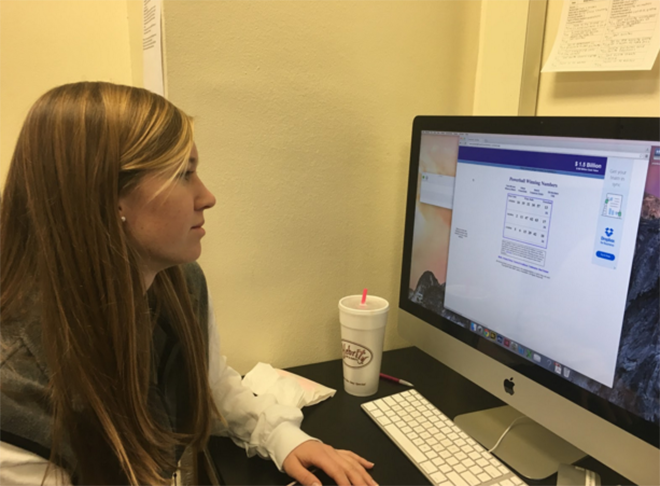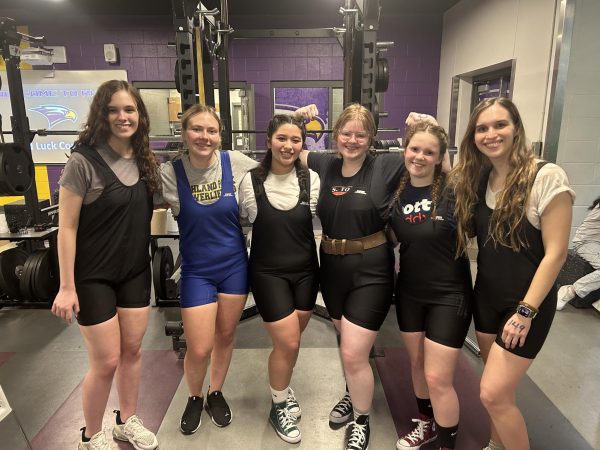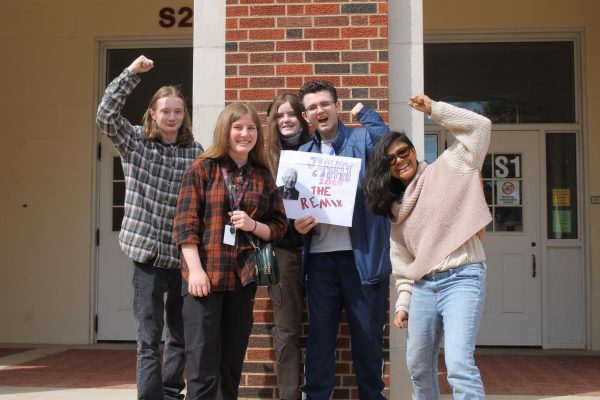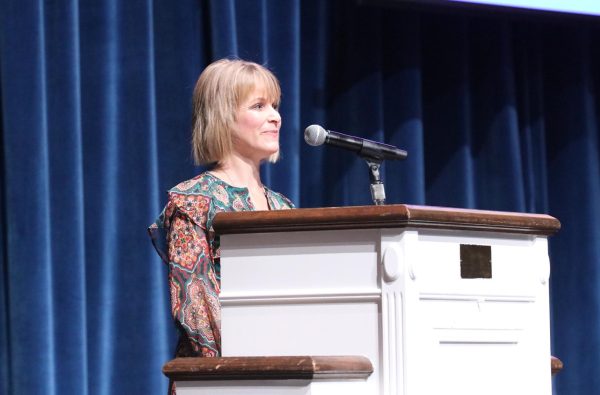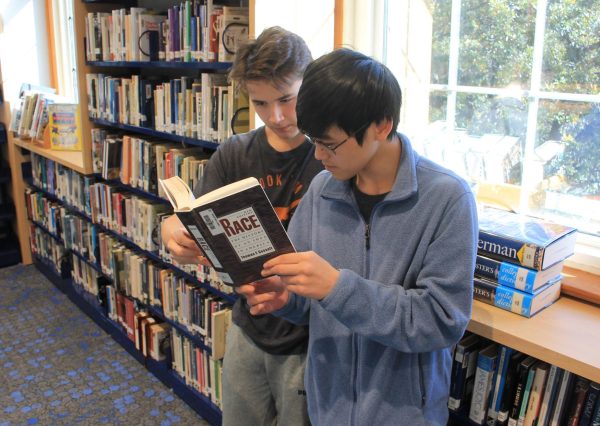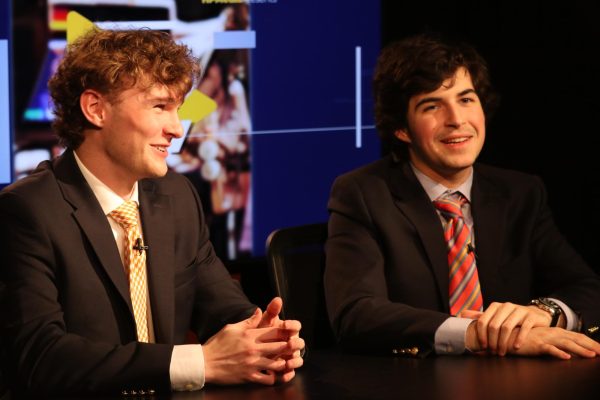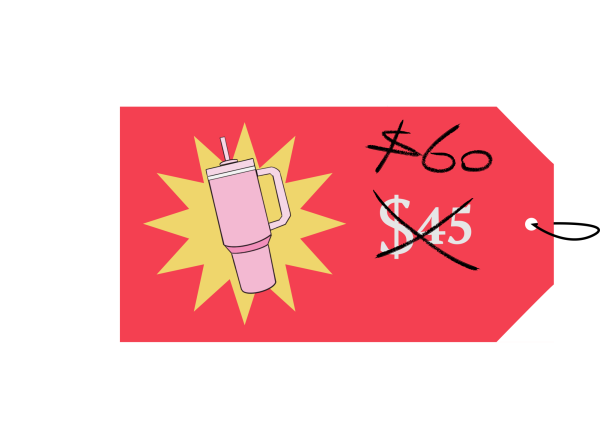Money Can’t Buy Happiness
With just a $2 purchase at a local convenient store, a person can transform the way they live forever. But what are the odds of that actually happening? The chances of a person winning the current Powerball is one in 292.2 million to be exact. The Powerball seems to be a topic of discussion through the crowded halls, at the lunch tables and at recent social gatherings. If the chances of winning are so low, than why are so many people talking about it? Winning 1.5 billion dollars has the power to change not only one life, but the lives of many others. However, money isn’t everything and those changes might not even be good ones. Unfortunately, winners do not always carry out their original spending aspirations. We have all heard the lottery horror stories. Not all lottery winnings result in the “selfless” charity donations or end as life-changing stories that people seem to think always derives from winning. Winning the lottery is in fact a rare occasion, but even when it does occur, there are more negative aspects than positive ones to the lottery.
The majority of people who purchase lottery tickets are people who do not have the extra disposable income to spend. Rather than spending countless dollars in hopes of winning a prize almost near impossible, those people below the poverty line could use that money to help fund their existence or gain a new start. Americans have this sense of false hope of winning a new life, one where they can buy a new home, get a new car and eventually impact the lives of others through charity with just the purchase of one piece of paper. But how often does one actually win and even when they do, how often do they carry out these noble hopes and dreams of theirs?
“All my friends and I went out and bought Powerball tickets this weekend, because we thought we we’re going to win. If one of us won, we were going to split the money, but obviously nobody ended up winning. I sat by the T.V. all night waiting for the drawing and ended up wasting so much of my time. We were all talking about how we would have spent the money but that ended up being worthless because we never got the money to spend,” senior Lindsay Rather said. Since the odds of winning are stacked against everyone, planning on winning might just be a waste of time.
Winning the lottery is not earning the money, but rather it is an easy way for people to be “set for life.” If people used their time in other ways rather than thinking about how they would spend their winnings, buying tickets, checking the numbers and keeping up with the upcoming lotteries, then in reality, they would be much more successful. The old saying goes “money can’t buy happiness,” so in theory, the lottery can’t buy happiness. People spend countless hours planning out their lives and the extravagant ways they would spend their money, little do they know that by doing that they are spending away time that they may never get back. Winning the lottery does not guarantee a better life, but it guarantees a life with more crucial decision, conflict between loved ones and the reliance on material items for joy.
“I guess I spend too much time thinking about what I would do with the money if I won. Every time I buy a ticket I am confident I will win, but I never do. Maybe one day I’ll stop buying tickets, but for now, I’m just going to see if I get lucky,” senior Elizabeth Hunt said.
The Powerball drawing was held at 10:59 p.m. ET on Jan. 13, 2016. Three winning tickets with the numbers 8, 27, 34, 4, 19 and the Powerball of 10 were sold in California, Florida and Tennessee. Let’s hope that those winners, actually carry out their intentions for spending the money. After all, 1.5 billion even after being divided three ways and taxes remains a substantial amount of money that can change the lives of millions. And for those millions of people who did not take home the prize, let’s hope they realize the slim chances of actually winning the lottery. The realization of the near impossible odds may cause them to use their time and money elsewhere, something that makes a person much more successful than winning the lottery.
“The lottery seems to be a waste of time to me. If people saved the money they spent on the tickets then honestly, they’d be a lot better off,” senior Clare Obenchain said.



